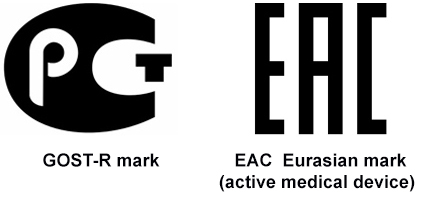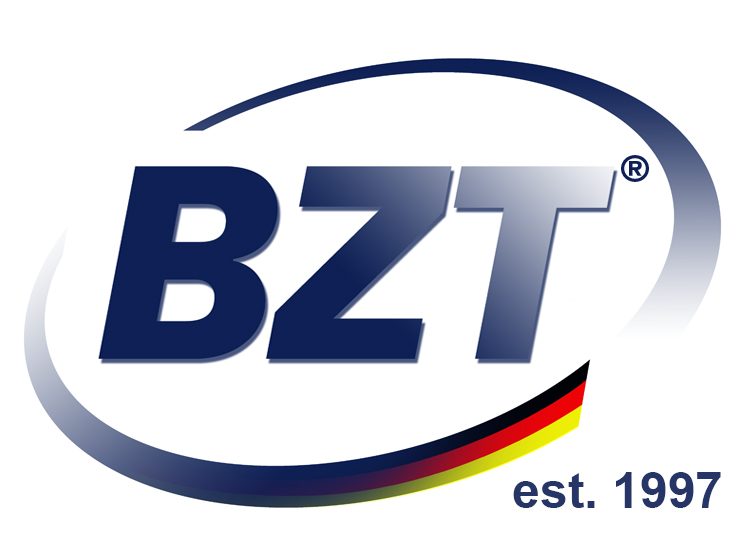Russia
Medical devices for Russia
Medical devices must be registered by the Federal Service for Surveillance in Healthcare (Roszdravnadzor). In this step, the devices generally undergo technical testing for safety and biocompatibility, followed by clinical evaluation (espec. for non-Russian manufacturer).
Since the Russian Federation and the European Union have not signed a mutual recognition agreement regarding one another’s conformity assessments, medical devices imported to the Russian Federation must be assessed for conformity with Russian standards and requirements (beside the EU-CFS option).
Certificate of Free Sale (“CFS”) for Russia
For medical devices it is possible to grand a Certificate of Free Sale (“CFS”) for Russia. The conditions are that the medical device bears the CE mark, marketed inside the European Union already and a European Authorised Representative exists.
The process of CFS attestation for Russia in the EU is not a single step or direct process. BZT starts the CFS process with the attestation from an CA in the EU. In a second step BZT will apply an legalization of the CFS by an Russian Embassy in the EU.

Classification of medical devices
Class 1 – Low risk products for people and low risk for the public health and the environment, such as: Non-automated blood pressure monitor, microscopes, instruments for the study of binocular and stereoscopic vision, set of lenses and prisms to test, some types of dental and surgical instruments, microspectroscopy, medical scales, non-invasive electrodes, equipment for hospital beds and operating tables …
Class 2 – Medium risk products for people and / or low risk to public health and the environment, the class 2 is divided into 2a and 2b – medium risk and high, respectively, as: Audiometers, laboratory equipment, special bandages, spirometers, EMG, rigid and flexible endoscopes, ecotamoscopi, ecosinuscopi, apparatus UHF, SHF, EHF, LF magnetic therapy and laser therapy, devices for mechanical ventilation (fixed and portable), analyzers gas and humidifiers, oxygen equipment, including oxygen inhalers, hearing aids, ultraviolet irradiation.
Class 3 – High risk products for people and / or moderate risk for the public health and the environment; Apparatus for hemodialysis, gemosorbi, limfosorbi, apparatus for artificial blood circulation and other devices that replace vital organs, lithotripsy, Cardiac devices, and devices for infusion and transfusion of blood, blood vessel prostheses, intrauterine contraceptives, prosthetic heart valves, prostheses and implants .
Class 4 – High risk products for people and high risk for the public health and the environment.
GOST-R approval
All medical devices are included in the Russian product classification system and assigned to a certain product code. This code is cited on the registration certificate.
Registration can be applied for in either the manufacturers or the distributor’s name. If the documents are issued in the distributors name, all registration certificates will have to be revised if the manufacturer decides to work with another contractual partner.
In the second step, a Declaration of Conformity (“DoC”) issued by an accredited Russian certification body must be obtained for the medical device. This declaration can only be issued in the name of a company located in the Russian Federation.
The registration certificate and the DoC are mandatory elements of the import documentation required for the Russian customs authorities and distribution.
Declaration of Conformity
On November 13, 2010, the Russian government passed its Resolution N 906, making a DoC mandatory for almost all medical devices. Given this, the obligation to obtain a GOST-R certificate for medical devices no longer exists.
In contrast to GOST-R certificates, DoC can only be issued to companies located in Russia (generally a distributor or a branch of the manufacturer located in the Russian Federation).
The DoC confirms that the medical device complies with all applicable technical requirements and standards. The applicant applies to the Russian certification body for DoC. The certification body reviews the test reports and contractual agreement between the manufacturer and the Russian local company to verify that they are complete and correct. By issuing the DoC, the certification body confirms that the medical device complies with the Russian GOST-R standards cited in the declaration. The DoC is signed by the applicant and registered with the certification body.
After completion of the DoC, the GOST-R certification mark must be affixed to the medical device.
Active medical devices require an additional DoC according to TR CO 20/2011 from the Eurasian Customs Union. The devices should be tested for electromagnetic compatibility and finally labeled with the Eurasian conformity symbol “EAC”.
